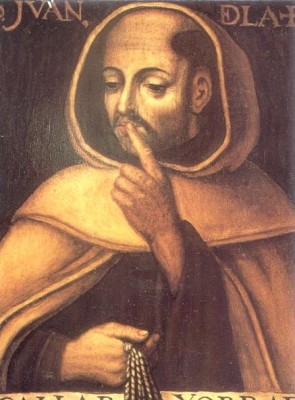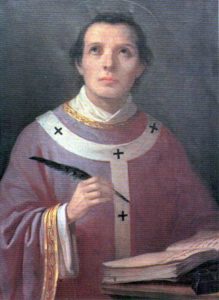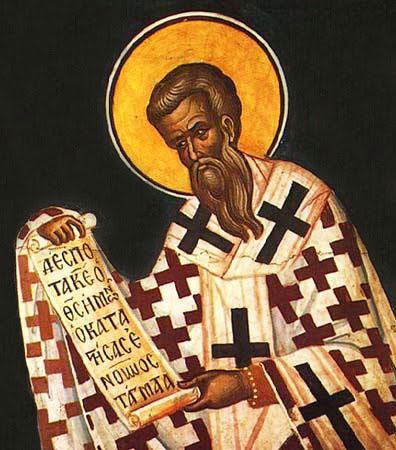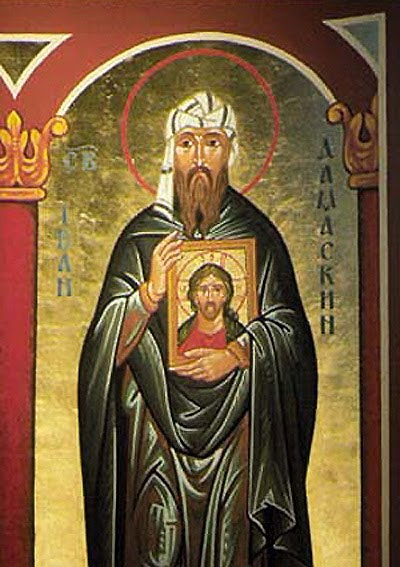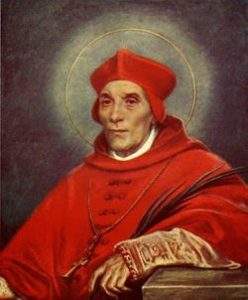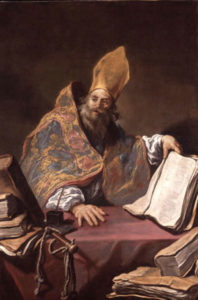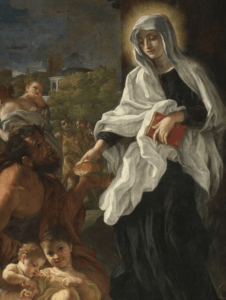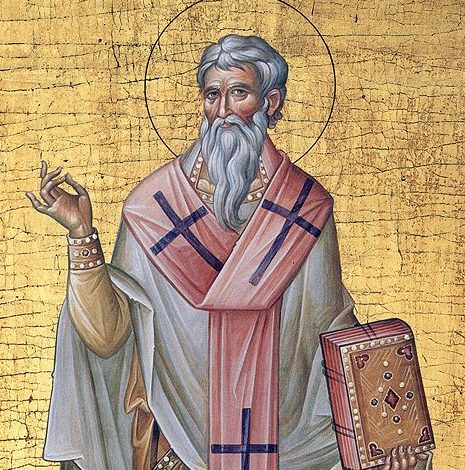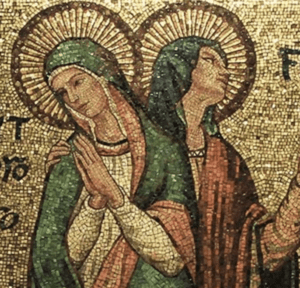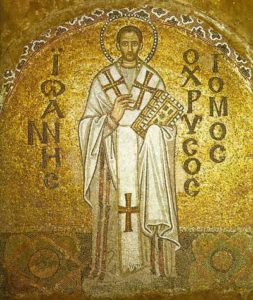Podcast: Play in new window | Download (Duration: 4:52 — 3.3MB) | Embed
Subscribe: Apple Podcasts | Spotify | Amazon Music | Android | Pandora | iHeartRadio | JioSaavn | Podchaser | Gaana | Podcast Index | Email | TuneIn | Deezer | Anghami | RSS | More
From a treatise on The Ascent of Mount Carmel, by St John of the Cross, priest
(Lib.2 cap. 22)
In Christ, God has spoken to us
Under the ancient law prophets and priests sought from God revelations and visions which indeed they needed, for faith had as yet no firm foundation and the gospel law had not yet been established. Their seeking and God’s responses were necessary. He spoke to them at one time through words and visions and revelations, at another in signs and symbols. But however he responded and what he said and revealed were mysteries of our holy faith, either partial glimpses of the whole or sure movements toward it.
But now that faith is rooted in Christ, and the law of the gospel has been proclaimed in this time of grace, there is no need to seek him in the former manner, nor for him so to respond. By giving us, as he did, his Son, his only Word, he has in that one Word said everything. There is no need for any further revelation.
This is the true meaning of Paul’s words to the Hebrews when he urged them to abandon their earlier ways of conversing with God, as laid down in the law of Moses, and set their eyes on Christ alone: In the past God spoke to our fathers through the prophets in various ways and manners; but now in our times, the last days, he has spoken to us in his Son. In effect, Paul is saying that God has spoken so completely through his own Word that he chooses to add nothing. Although he had spoken but partially through the prophets he has now said everything in Christ. He has given us everything, his own Son.
Therefore, anyone who wished to question God or to seek some new vision or revelation from him would commit an offense, for instead of focusing his eyes entirely on Christ he would be desiring something other than Christ, or beyond him.
God could then answer: This is my beloved Son in whom I am well pleased; hear him. In my Word I have already said everything. Fix your eyes on him alone for in him I have revealed all and in him you will find more than you could ever ask for or desire.
I, with my Holy Spirit, came down upon him on Mount Tabor and declared: This is my beloved Son in whom I am well pleased; hear him. You do not need new teachings or ways of learning from me, for when I spoke before it was of Christ who was to come, and when they sought anything of me they were but seeking and hoping for Christ in whom is every good, as the whole teaching of the evangelists and apostles clearly testifies.
Excerpts from the English translation of The Liturgy of the Hours (Four Volumes) © 1974, International Commission on English in the Liturgy Corporation. All rights reserved.

